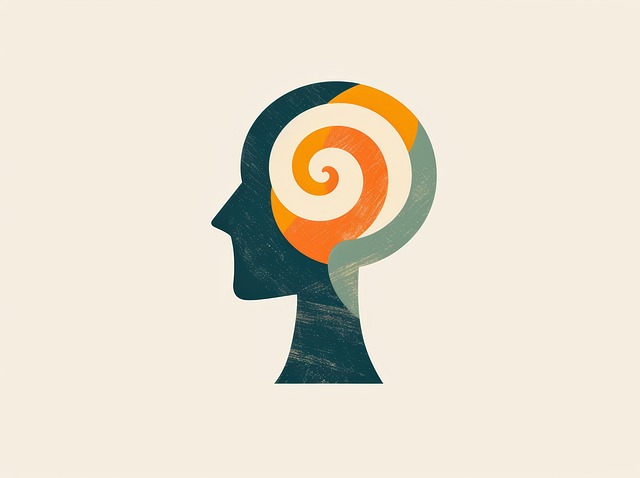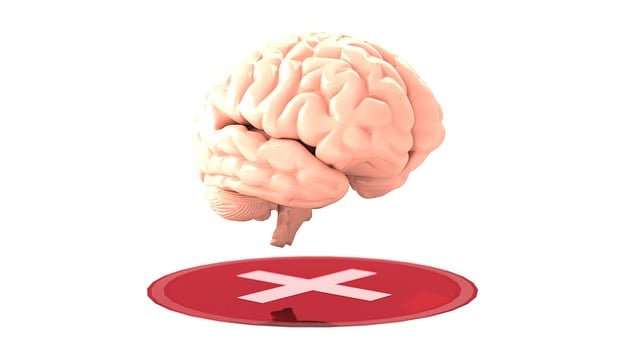Littleton Christian Counseling Therapy promotes journaling as a key tool for understanding and enhancing mental wellness by cultivating self-awareness, exploring emotions, and developing healthy coping strategies. They suggest using prompts in a dedicated, distraction-free space to gain insights into thoughts, feelings, and patterns. Regular journaling, they emphasize, improves emotional processing, reduces stress, fosters positive thinking, enhances social skills, and boosts confidence, all while incorporating the supportive framework of their therapy.
Unwind your mind and embark on a journey of self-discovery with mental wellness journaling. This powerful tool offers a serene space for reflection, processing emotions, and cultivating resilience. In this article, we explore how combining mental wellness with journaling can transform your well-being. From understanding the fundamentals to practical tips for setting up your practice, we’ll guide you through effective techniques. Discover how Littleton Christian Counseling Therapy can be seamlessly integrated to enhance your journaling routine and foster even greater mental wellness.
- Understanding Mental Wellness and Journaling: The Power of Self-Reflection
- Setting Up Your Journaling Practice: Tools and Tips for Success
- Effective Journaling Techniques for Enhancing Mental Wellness
- Incorporating Littleton Christian Counseling Therapy into Your Journaling Routine
Understanding Mental Wellness and Journaling: The Power of Self-Reflection

Understanding mental wellness involves recognizing the intricate relationship between our thoughts, emotions, and behaviors. At Littleton Christian Counseling Therapy, we believe that journaling can be a powerful tool for cultivating self-awareness and promoting healthy coping mechanisms. By setting aside dedicated time to reflect on one’s experiences, individuals can gain valuable insights into their emotional landscape. This introspective practice encourages the exploration of feelings, thoughts, and patterns, fostering personal growth and resilience.
Journaling offers a safe space for self-expression, allowing individuals to engage in compassion cultivation practices and prevent burnout. Through regular mental wellness journaling exercise guidance, one can learn to navigate life’s challenges with greater equanimity. It empowers people to identify stress triggers, develop healthy coping strategies, and foster a deeper connection with their inner selves—all essential components of holistic mental well-being.
Setting Up Your Journaling Practice: Tools and Tips for Success

Setting up a consistent journaling practice can be a powerful tool for enhancing your mental wellness, and Littleton Christian Counseling Therapy offers valuable guidance on this journey. Begin by choosing a journal that feels right for you—whether it’s a beautiful leather-bound book or a simple notebook. Consider incorporating prompts to guide your reflections; these can help spark self-awareness exercises and encourage deeper insights.
To make the most of your journaling routine, create a dedicated space free from distractions. Set specific goals for each session—it could be writing about a recent achievement, processing emotions, or exploring Stress Reduction Methods. Don’t worry if your entries aren’t perfect; the process is more important than the product. Remember to approach journaling with cultural sensitivity in mental healthcare practice, respecting your own boundaries and comfort levels while embracing the opportunity for personal growth.
Effective Journaling Techniques for Enhancing Mental Wellness

Journaling is a powerful tool for enhancing mental wellness, offering individuals a safe and private space to explore their thoughts and emotions. At Littleton Christian Counseling Therapy, we encourage clients to embrace this practice as part of their self-care routine. One effective technique involves writing freely about experiences and feelings without judgment, allowing the mind to unclutter and gain clarity. This form of expressive writing can help individuals process challenging situations, identify underlying issues, and develop a deeper understanding of themselves.
Additionally, incorporating structured journaling prompts can make this practice more engaging and beneficial. For instance, asking yourself reflective questions like “What am I grateful for today?” or “What challenges did I face and how did I overcome them?” can foster growth in positive thinking and resilience. Engaging in regular self-reflection through journaling promotes better emotional awareness, enhances coping strategies, and supports the development of healthy habits, including improved social skills training and a boost in confidence.
Incorporating Littleton Christian Counseling Therapy into Your Journaling Routine

Incorporating Littleton Christian Counseling Therapy into your journaling routine can be a game-changer for enhancing mental wellness. This therapeutic approach offers a unique blend of biblical insights and evidence-based techniques, tailored to help individuals navigate life’s challenges with grace. By dedicating time each day to reflect and record thoughts and emotions in a journal, you create a safe space to explore your inner world—a foundation essential for the effectiveness of Littleton Christian Counseling Therapy.
Journaling provides an opportunity for self-awareness, a crucial aspect of mood management and depression prevention. As you write, you begin to identify patterns, triggers, and potential areas for growth. The act of putting pen to paper allows for clarity and offers a sense of control, boosting your confidence in managing your mental health. Through regular practice, you’ll develop valuable tools to process emotions, improve coping strategies, and cultivate a deeper connection with yourself, all while benefiting from the supportive framework provided by Littleton Christian Counseling Therapy.
Mental wellness journaling is a powerful tool for self-discovery and growth. By integrating practices outlined in this article, including techniques from Littleton Christian Counseling Therapy, you can create a consistent routine that fosters better mental health. Remember, the key to success lies in consistency, so set aside dedicated time each day or week to reflect and record your thoughts. With dedication, you’ll begin to observe patterns, gain insights, and experience improvements in your overall well-being.













